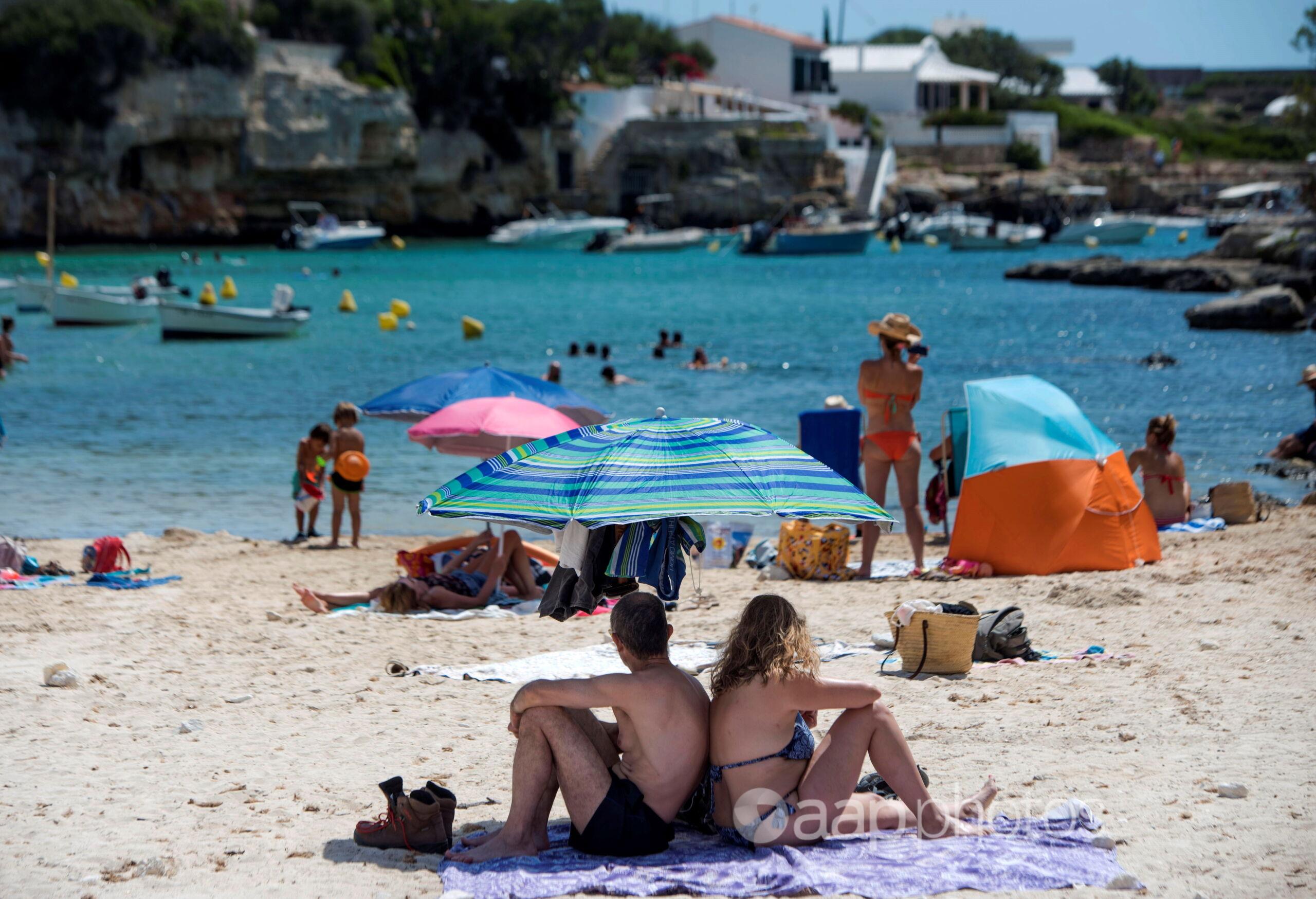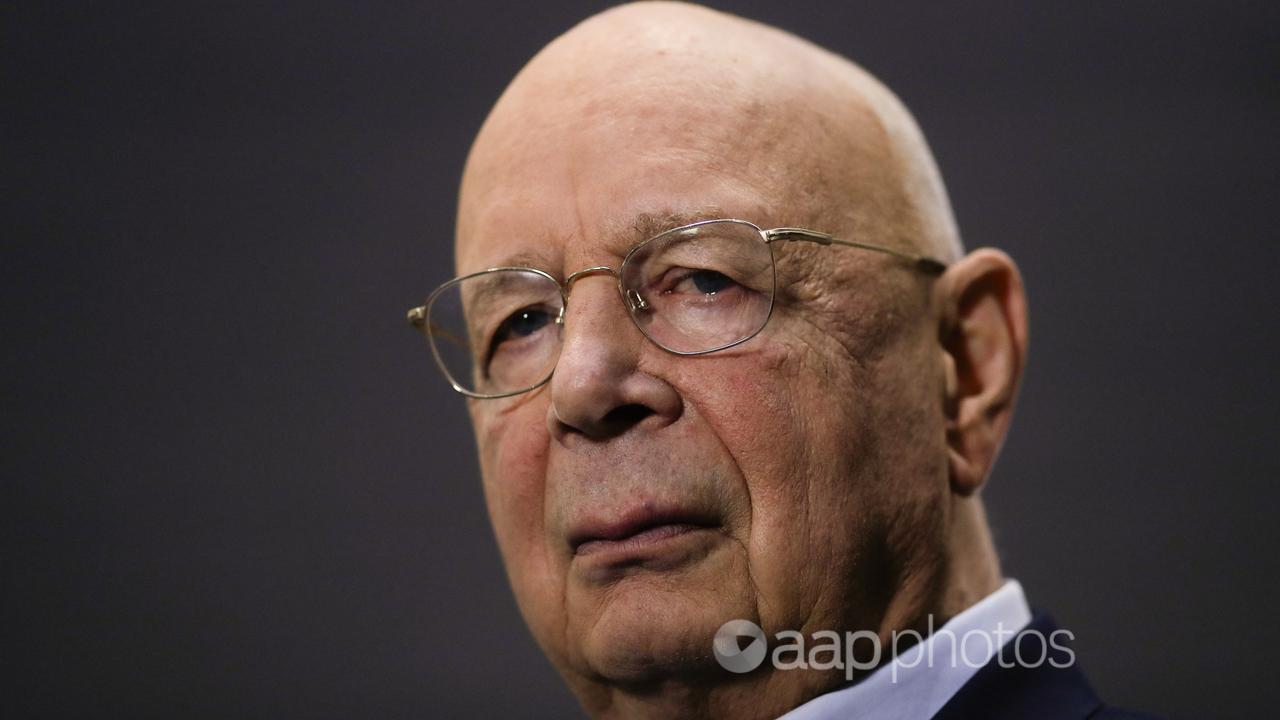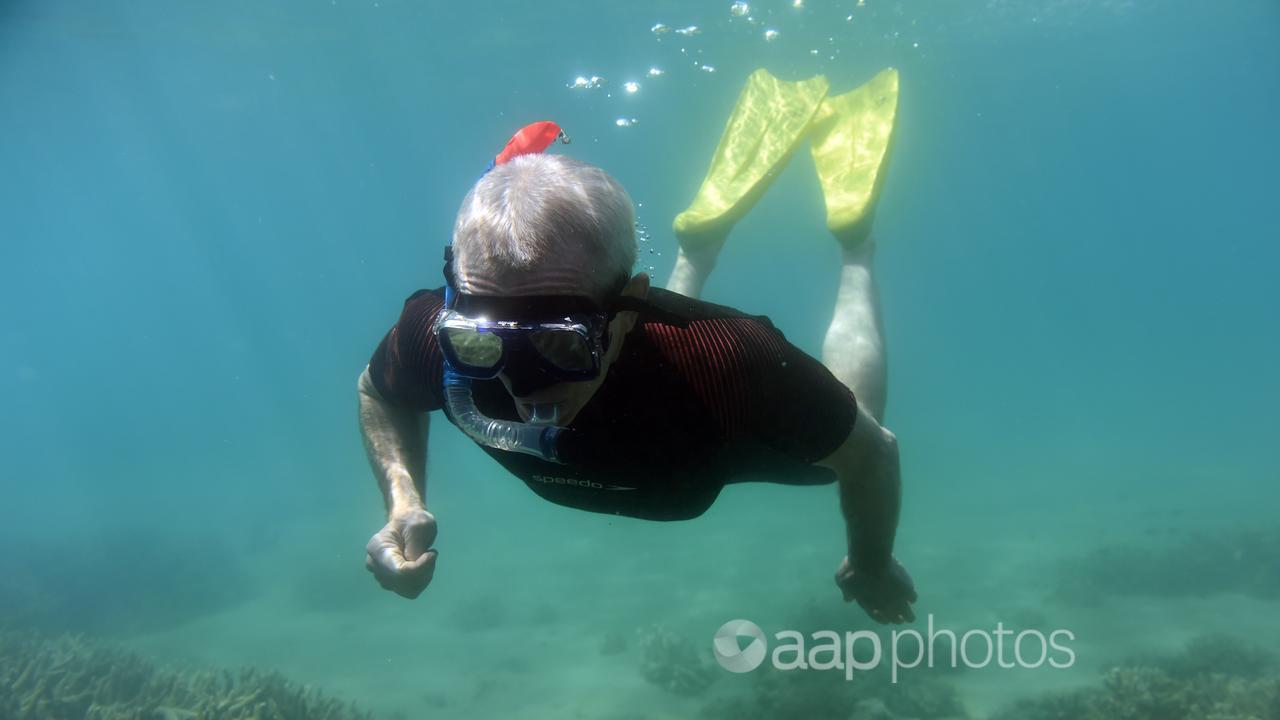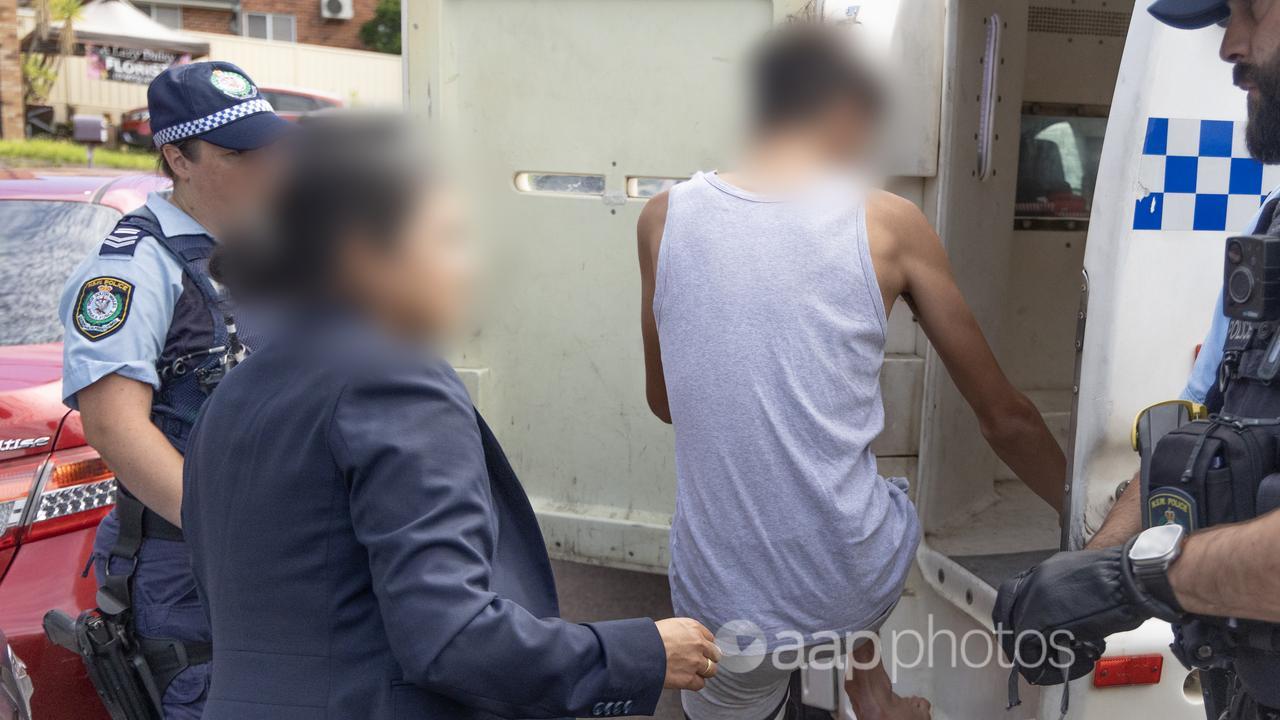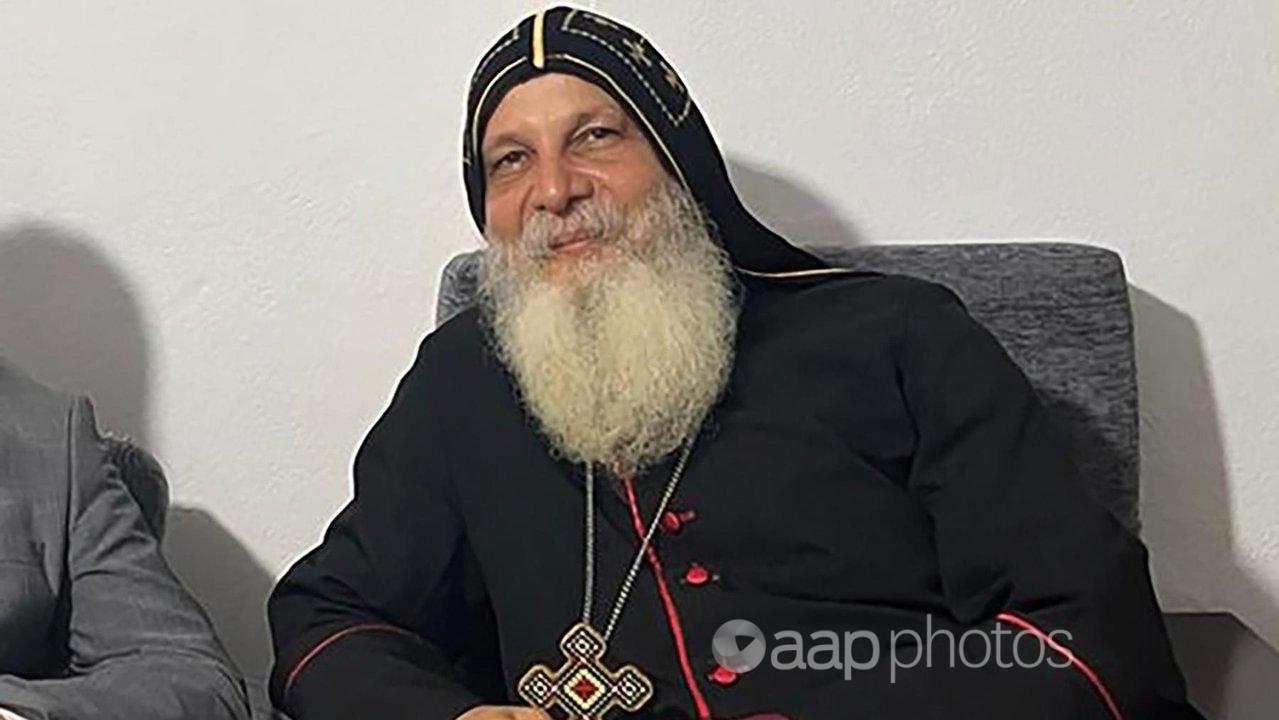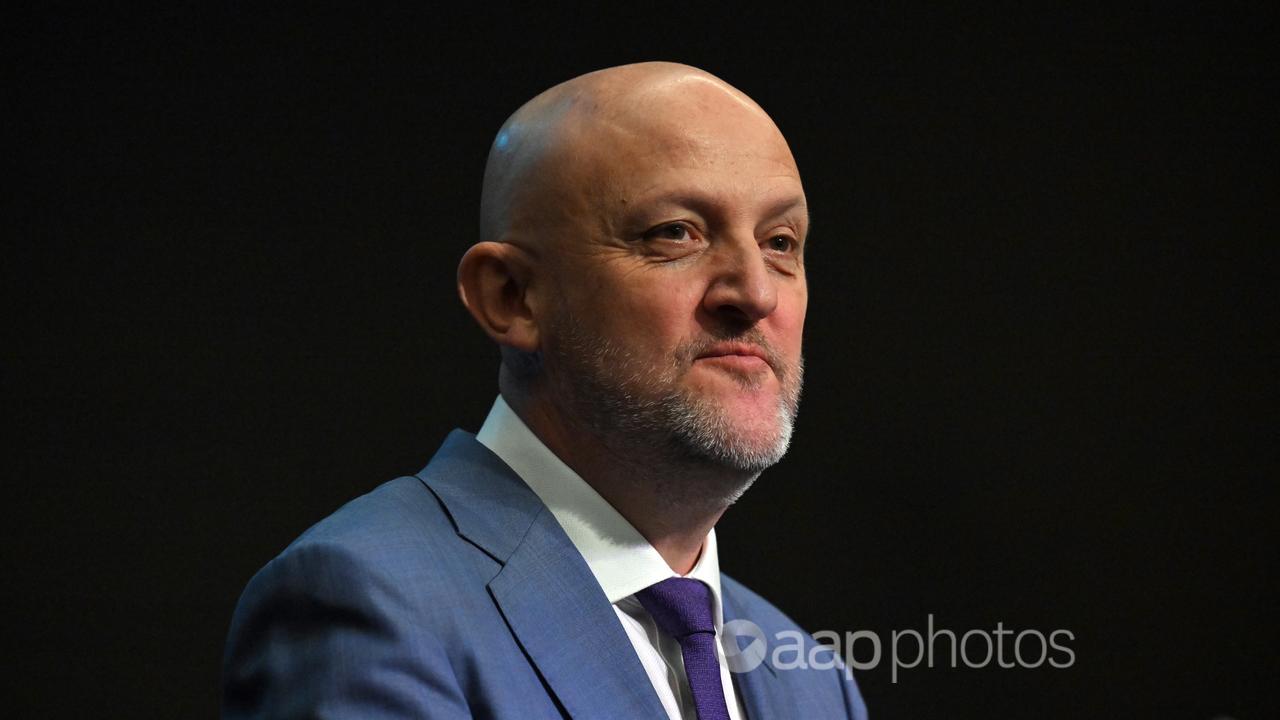The Statement
A video ad on Facebook claims that patients at an unnamed island mental hospital become “certified geniuses with IQs of over 140”.
The September 18 video post – titled “An Army of Einsteins” – says patients who stay on the island “always enter with a few screws loose, but all of them leave with the mind of 10 Einsteins!” It claims three former patients – “Trevor Brooks, Stanley Gordon and Marie Clarke” – are “taking the world by storm”, dominating the fields of mathematics, chess and rocket science.
The video says the hospital was founded by “neurologist Dr Nathaniel Roberts”, who developed a cypress oil product after researching why patients at the hospital became geniuses.
It claims this product helped cure a young woman of schizophrenia and amnesia and an elderly woman of dementia, and that it’s endorsed by the American Psychological Association.
The video is accompanied by a caption: “This island holds the key to turn even the most nuttiest people into a brainiac; With a 100% success rate to produce a combined IQ of a million a year.”
It includes a watermark for Banana Stella, which sells the advertised cypress oil product, Exartis. At the time of writing, the video had been viewed more than 42,000 times.
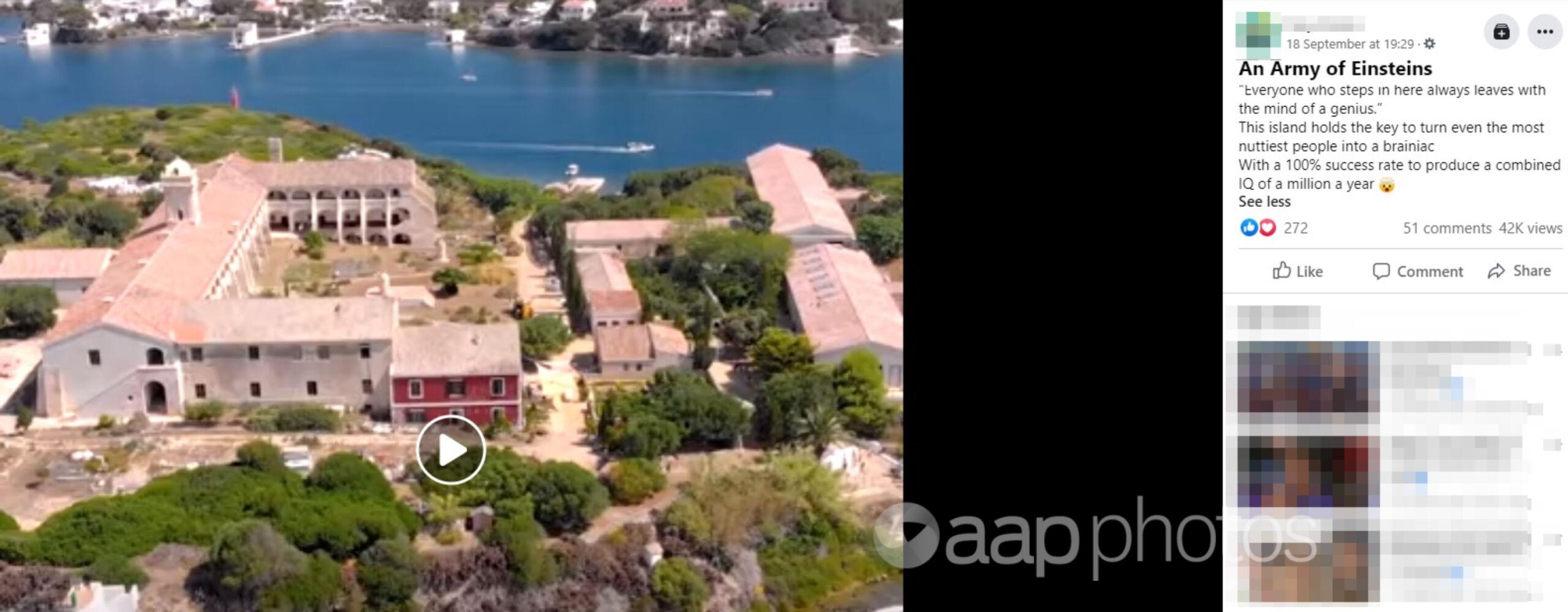
The Analysis
The island mental hospital advertised in the Facebook video is fabricated. Clips of the purported hospital have been taken from tourism videos, while the island’s founder and all of the former patients featured during the six-minute ad are fake identities.
The island shown in the video is Isla Del Rey, near the Spanish island of Menorca in the Mediterranean Sea. According to a website run by a foundation that protects the island, a hospital was founded there by the British in 1711 but it was abandoned in 1964. The opening clip of the island in the Facebook post has been taken directly from one of the foundation’s videos on YouTube (video mark 1min 15sec).
Another clip also purportedly showing the mental hospital (video mark 2min 24sec) is a former asylum in the French city of Arles where Vincent van Gogh was once a patient.The asylum is now a tourist destination, and the footage used in the Facebook video appears to have been taken from YouTube.
The video claims the island was founded by “neurologist Dr Nathaniel Roberts”, however AAP FactCheck was unable to identify any neurologist with that name. The still images and video clips of the purported founder included in the video actually depict University of California, Berkeley, psychology professor Stephen Hinshaw.
Prof Hinshaw confirmed to AAP FactCheck that he is the person shown in the video, however he said he had no connection with the product Exartis nor has he founded an island-based mental hospital.
“I have never heard and have no connection with a Dr Nathaniel Roberts, have never heard of and have no connection with Exartis, and same for this ‘island mental hospital’,” he said in an email. “In short, a complete shock to see my (stolen) image associated with any of this.”
The video claims the product Exartis has been endorsed by the American Psychological Association (APA) (video mark 5min 10sec), and that the APA was involved in a partnership to offer a discount on the product (video mark 5min 56 sec). However, APA communications director Kim Mills said the association had not endorsed the product and was not in any kind of partnership with the product or its alleged creator.
Ms Mills also told AAP FactCheck there was also no “Dr Nathaniel Roberts” among the APA’s membership.
“We have shared this video with our Office of General Counsel for action,” she said in an email.
The video of “amnesia and schizophrenia patient Kirsten Greene” (video mark 1min 14sec) can be traced to an item from news program 60 Minutes Australia about a 16-year-old girl with Tourette syndrome, Bianca Saez.
The video also claims “Kirsten Greene” has become the world’s “youngest aerospace engineer”, however a 13-year-old in the United States is reportedly expected to be the world’s youngest aerospace engineer. AAP FactCheck found no record of an aerospace engineer called Kirsten Greene.
The video’s 77-year-old dementia patient, “Carolyn Neal” (video mark 5min 15sec), is taken from a Christian Broadcasting Network video about a person named Charlotte who claimed to have an out-of-body experience while suffering from a life-threatening heart condition (video mark 20min 35sec).
The three former patients shown at the start of the video (video mark 7sec) are also fake identities. The images of “Trevor Brooks” is mathematician Sir Michael Atiyah, who died in 2019, “Stanley Gordon” is Lars Blackmore, an engineer in SpaceX’s Mars landing program and “Marie Clarke” is Ukrainian world chess champion Anna Ushenina.
There is no evidence that the purported ‘island of Einsteins’ exists, and the video making the claim contains a series of locations and identities which are fabricated.
The island and hospital depicted in the advertisement are locations in Europe with no connection to the purported mental hospital, and the related video clips appear to have been taken from YouTube. Images of the purported founder of the hospital actually show a Berkeley psychology professor who has no association with the facility nor the product marketed, while the identities of former patients are also fake. The American Psychological Association rejected claims it had endorsed the product in the video.
False – Content that has no basis in fact.
* AAP FactCheck is an accredited member of the International Fact-Checking Network. To keep up with our latest fact checks, follow us on Facebook, Twitter and Instagram.

